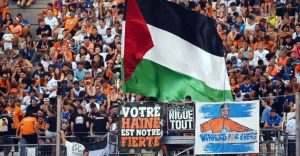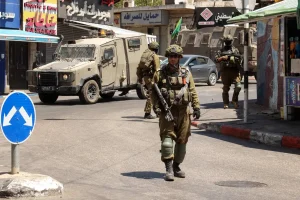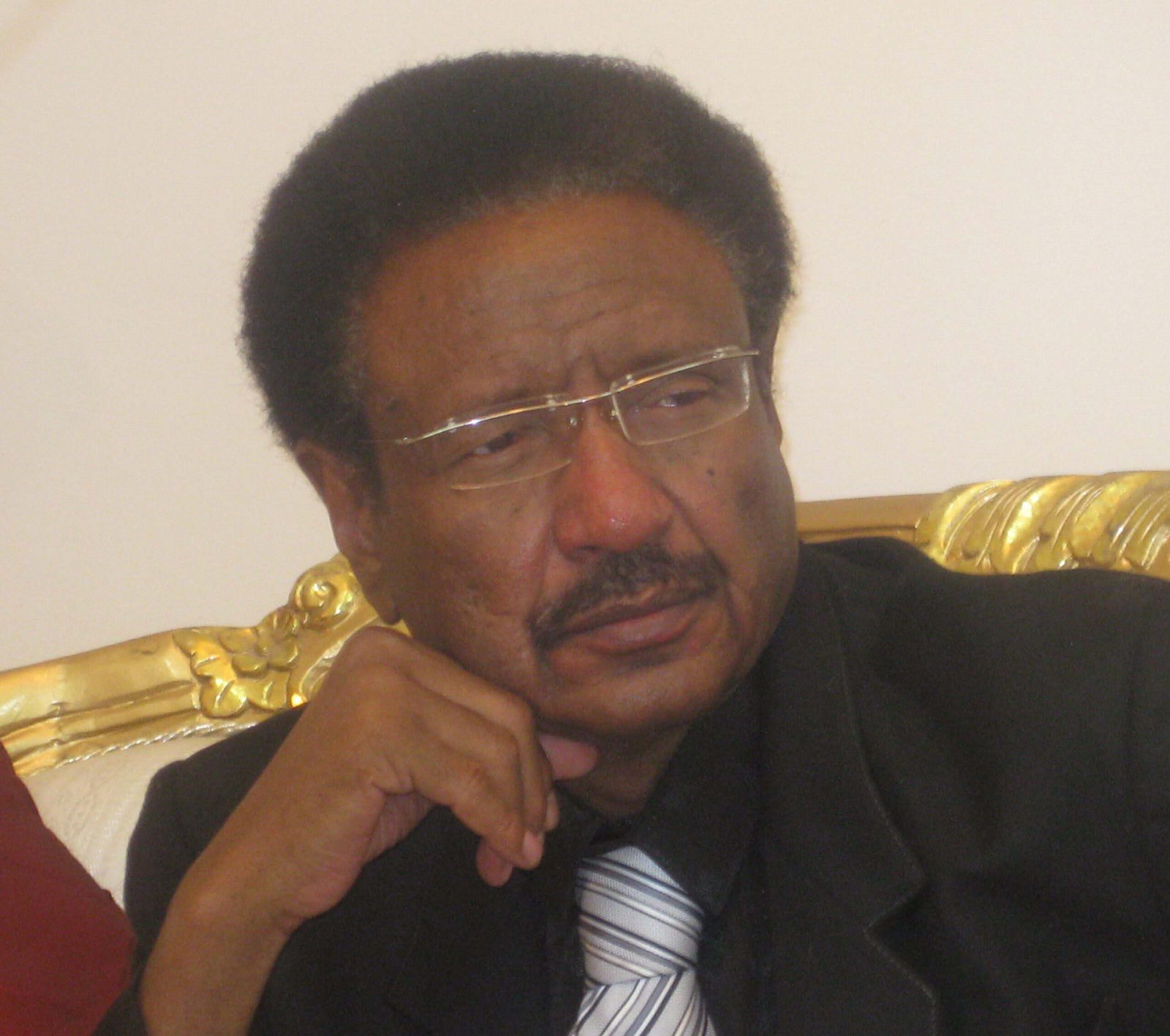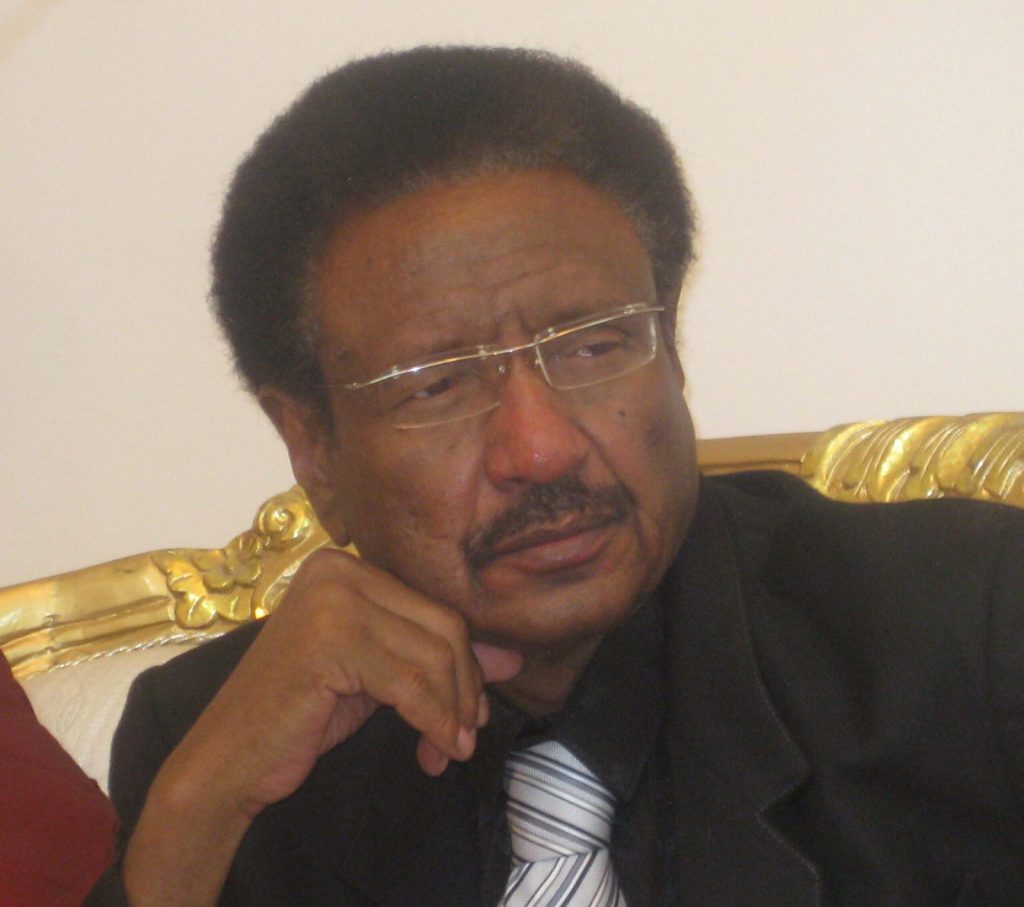In an advanced political move, the Samoud Alliance issued a statement demanding the classification of both the National Congress Party and the Sudanese Islamist Movement as terrorist organizations. The statement describes the Muslim Brotherhood organization as a terrorist entity on both international and local levels. The alliance considers this step as a strong move reminiscent of the great December revolution. The statement traces the Brotherhood’s origins and its conspiratorial, violent nature despite growing within Sudan’s tolerant, democratic civil society. It classifies the Brotherhood as far-right, used as a tool by external and regional right-wing forces that reject coexistence with national liberation movements or democratic transitions that do not guarantee their control over the country’s rich resources.
Since independence, these forces found local agents in the Islamist far-right, which has historically sabotaged political transformations to serve its agendas, tracing back to the Brotherhood’s founding by Hassan al-Banna in the 1920s and its early ties with British circles and later coordination with Washington during the Cold War. The Islamist project received a strong boost in Sudan under Sheikh Hassan al-Turabi, who adapted the Brotherhood’s discourse to the Sudanese environment, infiltrating the state from within. Despite pretending to participate in the October 1964 revolution under the Islamic Charter Front, the far-right remained hostile to it, attempting to abort the revolution by introducing religion into politics as a tool for exclusion and polarization to spread its non-religious, non-national, and unethical project.
The Brotherhood’s political journey has been marked by violent, exclusionary takfiri actions, aborting Sudanese people’s revolutions sometimes by bloodshed and sometimes by money, including the Thirty Years’ War and the War of Dignity. These facts justify labeling it as a terrorist organization and demanding its local and international classification as such. The statement concludes by urging the revolutionaries to maintain real steadfastness in implementing the revolution’s slogans of freedom, peace, and justice to avoid the current devastating war and affirms support for peace and a continued revolution towards a secular civil state.














Recommended for you
Exhibition City Completes About 80% of Preparations for the Damascus International Fair Launch
Talib Al-Rifai Chronicles Kuwaiti Art Heritage in "Doukhi.. Tasaseem Al-Saba"
Egypt Post: We Have Over 10 Million Customers in Savings Accounts and Offer Daily, Monthly, and Annual Returns
Unified Admission Applications Start Tuesday with 640 Students to be Accepted in Medicine
His Highness Sheikh Isa bin Salman bin Hamad Al Khalifa Receives the United States Ambassador to the Kingdom of Bahrain
Al-Jaghbeer: The Industrial Sector Leads Economic Growth